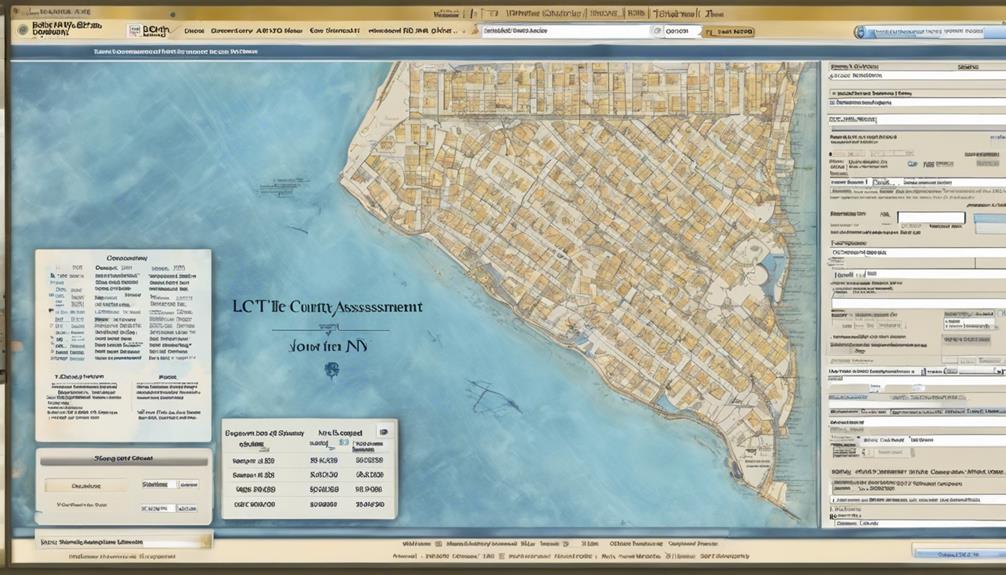Understanding the Big Five personality traits helps you see how compatibility and relationship dynamics work. Your levels of openness, conscientiousness, extraversion, agreeableness, and neuroticism influence communication, conflict resolution, and emotional intimacy. High emotional intelligence often enhances these traits, making partnerships stronger. Recognizing these qualities in yourself and your partner allows you to navigate challenges better and foster deeper connection. Keep exploring to discover how these traits shape your unique relationship journey and growth.
Key Takeaways
- Compatibility can be predicted by matching partners’ levels of Openness, Conscientiousness, Extraversion, Agreeableness, and Neuroticism.
- High Agreeableness and Emotional Intelligence foster harmony and effective conflict resolution in relationships.
- Opposing traits, such as contrasting levels of Neuroticism, may challenge compatibility but can be balanced with communication skills.
- Shared personality traits enhance mutual understanding, trust, and emotional connection over time.
- Developing emotional intelligence aligns with personality traits, strengthening relationship resilience and overall satisfaction.

Your relationships are often shaped by the personalities you and your partner bring to the table, and psychologists have identified the Big Five personality traits as key factors in understanding these dynamics. These traits—openness, conscientiousness, extraversion, agreeableness, and neuroticism—offer a framework for predicting how you and your partner interact, communicate, and navigate challenges. Among these, emotional intelligence plays a vital role, especially when it comes to managing conflict and fostering intimacy. If you’re high in emotional intelligence, you’re better equipped to recognize your own feelings and those of your partner, which makes resolving disagreements smoother and more constructive. You tend to approach conflicts not as battles to win but as opportunities to understand each other better.
People with high emotional intelligence are often more empathetic, which helps in creating a safe space for open dialogue. This trait supports effective conflict resolution because you’re less likely to react defensively or dismiss your partner’s perspective. Instead, you listen actively, validate your partner’s feelings, and work toward compromises that respect both of your needs. When conflicts arise, your awareness of emotional cues—yours and theirs—guides you to de-escalate tensions quickly and prevent issues from spiraling out of control. This ability to manage emotions and communicate effectively contributes profoundly to the stability and satisfaction of your relationship. Additionally, developing emotional intelligence can enhance your self-awareness and improve your overall relationship satisfaction.
High emotional intelligence fosters empathy, active listening, and emotional awareness, strengthening conflict resolution and relationship stability.
Your level of agreeableness influences how you approach conflict resolution too. If you’re highly agreeable, you tend to prioritize harmony and are more willing to compromise. That makes it easier to find common ground and resolve disagreements without damage to the relationship. Conversely, if you score lower in agreeableness, you might be more assertive or even confrontational, which can lead to more intense conflicts but also clearer boundaries if handled constructively. Understanding where you and your partner stand on these traits helps you navigate conflicts with greater awareness, reducing misunderstandings and fostering mutual respect.
Additionally, your emotional intelligence influences how you express your needs and listen to your partner’s concerns. When both of you develop this skill, conflicts become less about winning and more about understanding. This shift promotes healthier communication patterns and deepens your connection. Recognizing these traits within the Big Five framework provides valuable insights into your relationship’s strengths and potential challenges. By cultivating emotional intelligence and honing conflict resolution skills aligned with your personality traits, you create a more resilient, fulfilling partnership that can weather life’s inevitable storms.
Frequently Asked Questions
How Can Big Five Traits Predict Long-Term Relationship Success?
Your Big Five traits can predict long-term relationship success by highlighting personality stability and trait prediction. For example, high agreeableness and emotional stability often lead to better compatibility, while openness and extraversion influence shared interests. By understanding these traits, you can gauge how well you and your partner will adapt over time. Recognizing personality stability helps you anticipate potential challenges, making it easier to foster a healthy, lasting relationship.
Are Certain Big Five Traits More Important Than Others in Compatibility?
You should know that certain Big Five traits, like agreeableness and emotional stability, often play a bigger role in compatibility factors. Being highly agreeable helps you navigate conflicts smoothly, while emotional stability keeps the relationship steady during stress. While traits like openness or extraversion matter too, focusing on these key traits can give you clearer insights into long-term compatibility with your partner.
How Do Cultural Differences Influence Big Five Trait Expressions?
Cultural perception greatly influences how you express Big Five traits, leading to trait variability across cultures. For example, what’s considered extroverted behavior in one culture might be seen as inappropriate in another. You might naturally show high openness, but cultural norms could suppress or enhance that trait. Understanding these differences helps you appreciate how cultural background shapes personality expression, ultimately affecting how you relate and connect with others across diverse cultural contexts.
Can Personality Traits Change Significantly Over Time Within Relationships?
Think of your personality as a sturdy tree that can grow and adapt over time. While personality stability suggests core traits remain consistent, trait development allows for gradual change within your relationship. You can become more open or conscientious as experiences shape you. So, yes, personality traits can change markedly, influenced by life events and shared growth, making your relationship a dynamic landscape of evolving personalities.
What Are Practical Ways to Improve Compatibility Based on Big Five Insights?
To improve compatibility, focus on enhancing personality alignment through open communication strategies. Talk honestly about your traits and listen actively to your partner’s perspective. Practice empathy to better understand each other’s differences, and find common ground. Regularly check in to address changes, and be flexible in adapting to each other’s evolving personalities. These steps foster stronger bonds and create a more harmonious relationship based on mutual understanding.
Conclusion
As you explore the Big Five traits, you realize how complex and unpredictable relationships can be. Will your openness bring exciting adventures, or could it cause misunderstandings? Could your conscientiousness strengthen your bond, or might it create rigidity? The more you uncover, the more intriguing your own story becomes. Remember, understanding these traits offers insight, but the real magic lies in how you choose to navigate love’s mysterious twists. Are you ready to discover what’s next?









